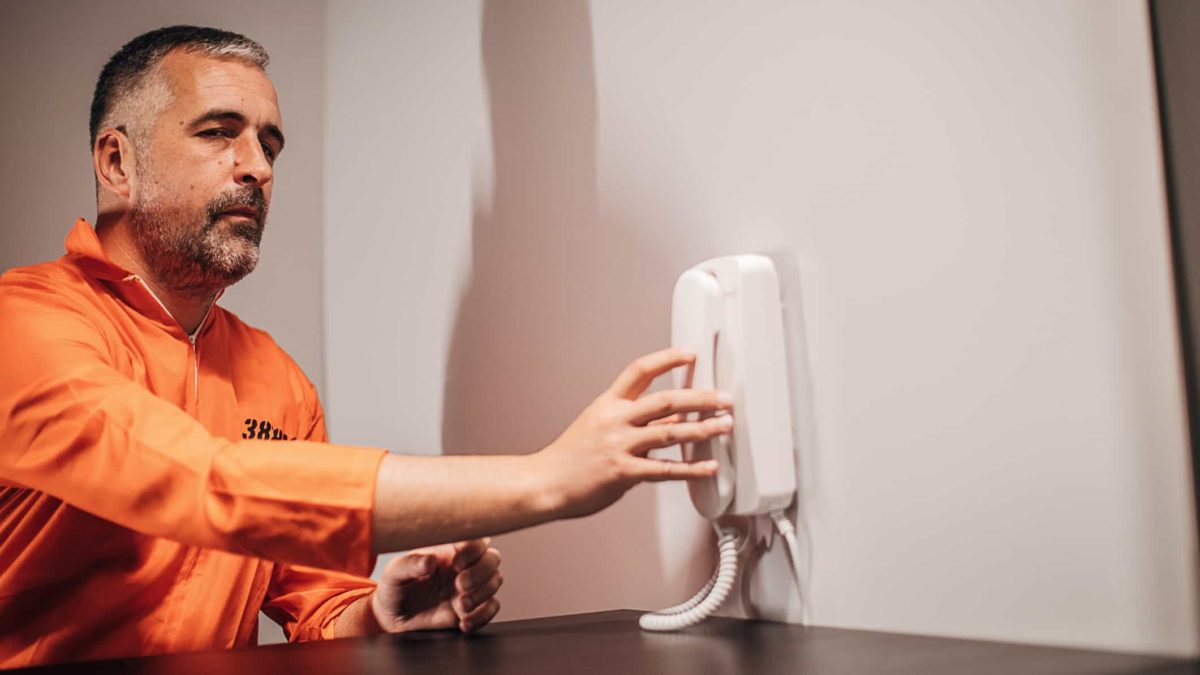The corporate watchdog will now offer immunity from prosecution for people who have manipulated the stock market.
On Wednesday, the Australian Securities and Investments Commission (ASIC) revealed its new immunity policy.
The new rules indicate that if certain criteria are met, those who conspired with others to breach the Corporations Act can apply for both criminal and civil immunity.
Such breaches can include serious share market offences like insider trading, market manipulation and dishonest conduct.
Those offences can attract up to 15 years in jail, a fine of $1 million or a penalty of 3 times the benefit derived from the crime.
"The Immunity Policy enhances ASIC's ability to identify and take enforcement action against complex markets and financial services contraventions," ASIC commissioner Sean Hughes said.
Applications can only be made by people, not corporations.
What's the catch?
The biggest condition is that the person must be the first applicant who meets all the immunity criteria and reports the misconduct to ASIC before any investigation has started.
The immunity also doesn't shield the applicant from any administrative (such as a ban on running companies) or compensation orders.
"Individuals who do not meet the criteria for immunity are still encouraged to cooperate with ASIC and will be given due credit for any cooperation received," stated the commission.
"Any cooperation provided by an individual will be considered in determining whether to take administrative action against the individual."
Share market offences are hard to convict
The immunity offer has been introduced to catch more cases of share market manipulation. Crimes such as insider trading and market manipulation are notoriously difficult to detect and prove in court.
However, ASIC has had some wins in recent months.
Just this month, The Motley Fool reported a director of the company now called Weebit Nano Ltd (ASX: WBT) was sentenced to 12 months' jail for illegally pumping up the share price.
A series of WhatsApp messages between Ananda Kathiravelu and alleged co-conspirator Ariel Malik showed the court they commissioned a third party to buy up shares immediately before a capital raising round.
In September, a former director of the company now known as Nova Minerals Ltd (ASX: NVA) and an alleged collaborator faced 10 years' prison on charges of insider trading.
Don George Evans was accused of buying up 1.5 million shares in 2015 with non-public information about plans for a reverse-merger with a technology firm.









